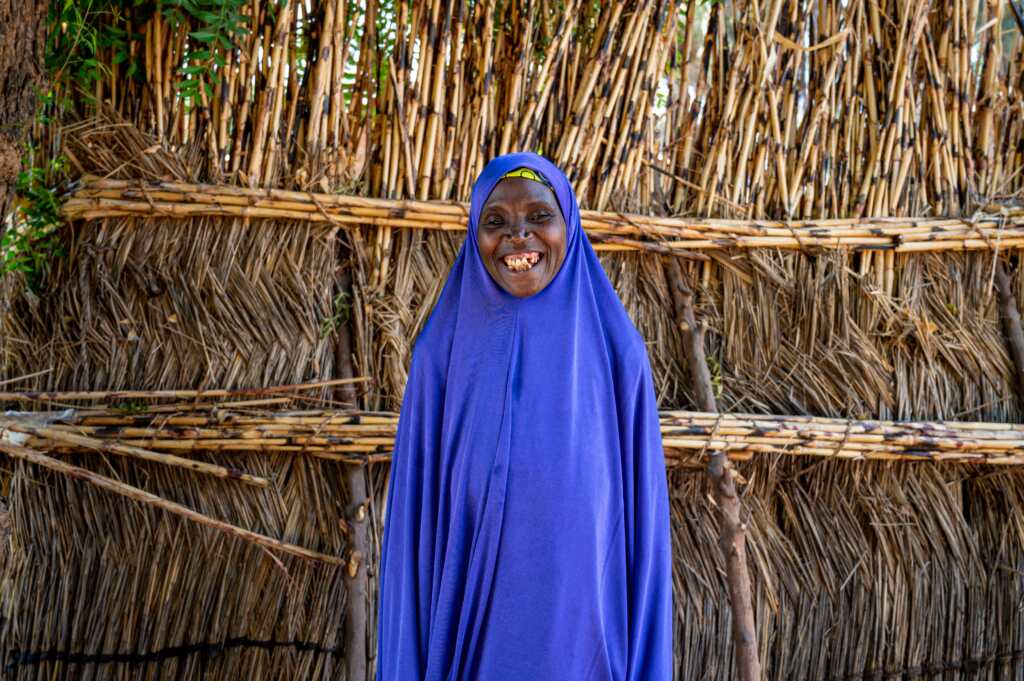
The emotional component of Neglected Tropical Diseases (NTDs) has always been part of the experience of people affected by them, and of those who provide care. This set of diseases are often a cause of physical disability and in addition, stigma and social exclusion tend to reinforce mental distress. It is surprising then, that although at a local level, clinicians and carers may have tried to respond to people’s holistic needs, this is not reflected in formal training, or health and social care systems. As an organisation working in NTDs, but with a focus on disability and inclusion, CBM Global set out to challenge this neglect and improve holistic support for people affected by NTDs.
In the past 10 years, a more comprehensive and person-centred approach has started to receive more attention at an international level. This has been supported by a growth of research and evidence that provides clear guidance on how to do this better. Behind this increased interest has been a concerted effort by NGOs working in the field to raise the profile of mental wellbeing and stigma in NTD work. CBM Global has been leading these efforts, carrying out research and programming to demonstrate the important impact on people’s lives, and exploring potential solutions.
After years of joint advocacy, the WHO NTD Roadmap 2030 was a landmark document that gave concrete recommendations for national programmes and international actors to ensure attention is paid to disability, morbidity management, mental wellbeing and social inclusion. Ultimately though, it is practical access to care that will have a real impact on people’s lives. Based on research and programmes, alongside advice from CBM Global, WHO published the guidance: ‘Mental health of people with NTDs; towards a person-centred approach’. This document has increased momentum and investment in mental health as a key component of NTD programming, and we are now finalising an ‘Essential Care Package’ with WHO to improve the quality of services available for people affected by NTDs. We are now utilising this in advocacy and programmes, for example, we have incorporated this into the Federal Ministry of Health NTD Masterplan in Nigeria, and applying the evidence in several programmes.
Participation of people affected by NTDs is an important principle at the heart of this move to more inclusive and integrated services. CBM Global has supported the participation of people with disabilities associated with NTDs in a wide range of platforms, including in research conferences and in programme development. Importantly, we have also ensured that accountability to people with NTDs forms a part of these guidance documents, and we have seen this impact positively on the setting of research priorities, and development and evaluation of interventions, as well as enriching the perspectives of the wide range of actors who work in this field.
